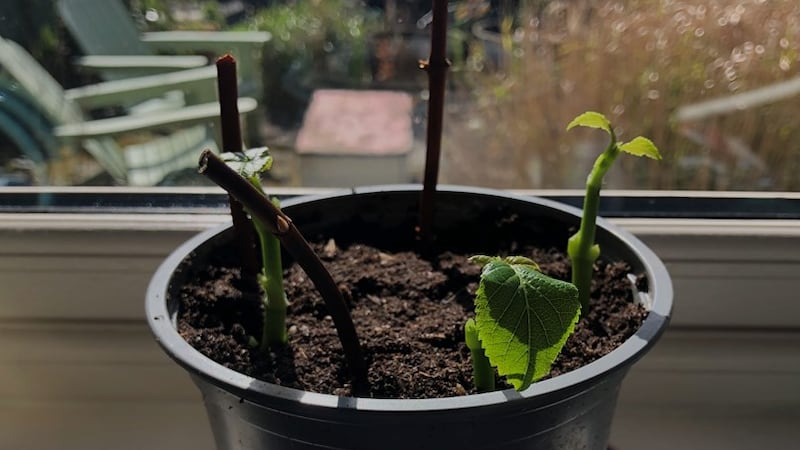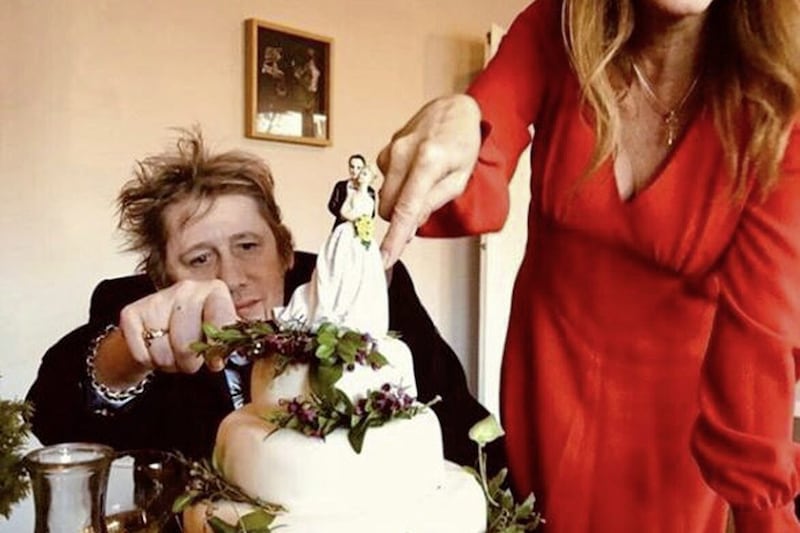Stories in Sound: In the Footsteps Radio Ulster
Northern Ireland’s first civil rights march took the road from Coalisland to Dungannon in August 1968. It’s 50 years ago.
The old black and white footage of men and women walking behind banners, stirs memories.
It never feels like history when you have lived through it.
The voices of the marchers singing: “We shall overcome” on this sound story struck a chord that echoes down through the years.
Presenter Lynette Fay and producer Freya McClements are too young to have lived through that time... but they brought together those who were behind that march and painted the scene with words.
It may have been before her time, but, said Fay: “It changed my life and all our lives immeasurably.”
“These were ordinary people who did something extraordinary.”
That march gets lost in history sometimes – people remember the Civil Rights March in Derry and what became Bloody Sunday.
But here we heard from Austin Currie, Bernadette McAliskey, Michael McLoughlin and the mothers of the Homeless Citizens League who were fed up living in cramped rat-infested slums with no inside toilet or running water.
“I had friends that I worked with who were Protestant and they couldn’t understand that they could walk into houses and we couldn’t,” said one of them.
This story offered pause for thought – a look back over the chasm of time to 1966 when nobody could have dreamed what lay ahead.
The good was the right to one man one vote and the move towards the provision of decent social housing.
The voice of Bernadette McAliskey is one that we do not hear often.
“The 1947 Education Act produced the John Humes, Austin Curries, Bernadette McAliskeys who got free education and bit the hand that fed them in varying degrees,” she noted wryly.
“Some people say that the Civil Rights Movement was the spark that brought about thousands of deaths but that’s not so,” said one contributor.
“It was about righting a wrong.”








